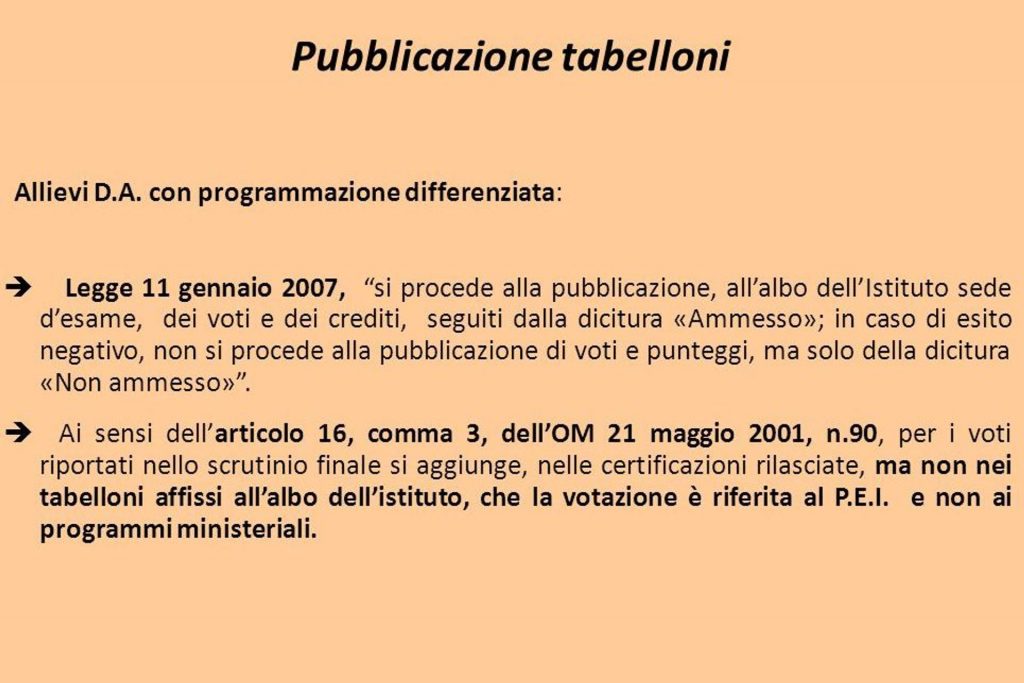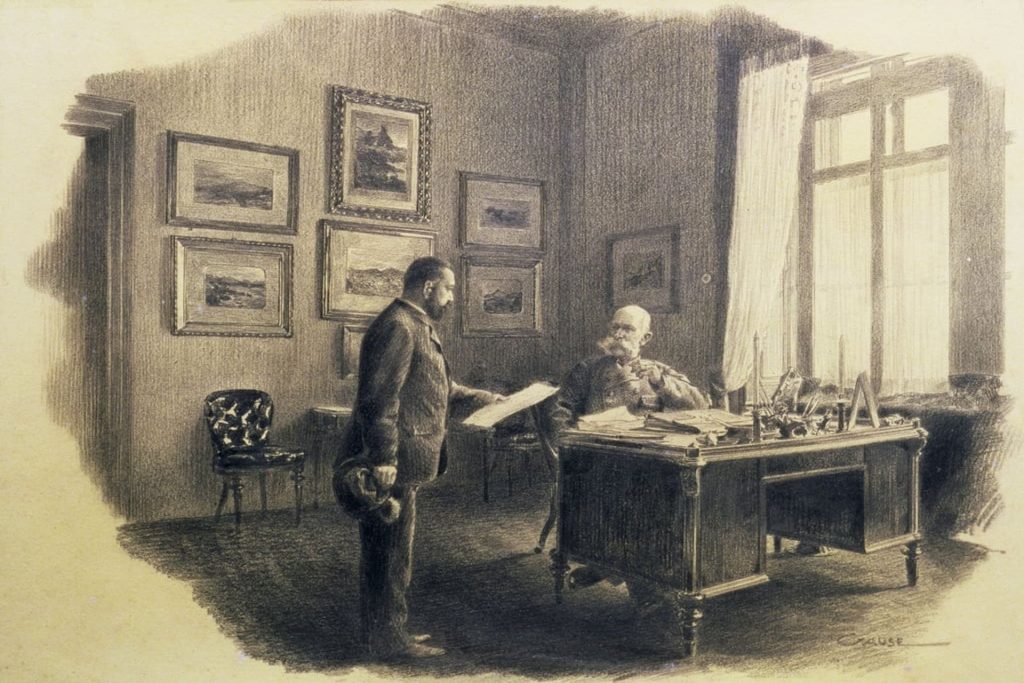From Habsburg Verantwortung to ostentatious irresponsibility
In the Italian bureaucracy, there is a lack of individual reasonableness: the official systematically appeals to decisions taken above him, in order to justify himself
There is a beautiful German word, Verantwortung, which, at one time, was the key idea of the Habsburg bureaucracy: it indicated the responsibility that fell on every single employee, from the most humble up to the highest hierarchies.
Everyone was responsible, because everyone represented the emperor: addressing one of them was, in theory, exactly like addressing the sovereign directly.
The result was a bureaucracy with legendary features: sometimes cumbersome and short-sighted, as in some of Franz Kafka’s stories, but usually held up as an example of dedication to work and integrity to the fullest.
So the emergency in Italy has become a perennial normality

Austrian Lombardy between the peace treaties of Utrecht and Villafranca
It goes without saying that, between the peace of Utrecht and the peace of Villafranca, i.e. between 1713 and 1859, Lombardy, which had been annexed to the empire, had also adopted this philosophy and consequently had a full bureaucratic apparatus.
Carlin Porta himself, who certainly was not an Austrian, often boasted of his honesty and zeal as a high-level public banker.
Then, with the advent of the Kingdom of Italy, something changed: the word bureaucracy gradually lost its meaning of responsibility and commitment, taking on a negative meaning.
It became, in short, that sort of free zone, bristling with red tape and obstacles and populated with idlers and people who were not very correct and very corrupt, which is today the ruin of Italy as a working country.
And there was no longer any talk of responsibility; on the contrary, it was fled like the devil.
When the real problem is not the “how much” but the “why”

And with the Kingdom of Italy, the blame was immediately… “someone else’s” fault
An employee, since then, has always been able to appeal to superior orders, justify himself with errors committed above him, find a thousand excuses for never assuming this blessed responsibility. With serious discomfort of the citizens, rejected and bounced by this rubber wall.
And yet, in many European countries, bureaucracy is not a collection of fetters and quibbles, but the engine that makes the State work.
Especially in Lutheran Europe, probably as a consequence of the Protestant idea of universal priesthood and individual responsibility towards God, most public officials do not back down when faced with people’s problems, but try to solve them, taking on the burden and not trying to practice the Italian art of passing the buck.
A century and a half of incorrigible “southern question”

In France, as in Lutheran countries, the state “is” the citizens.
France itself, which has no Calvinist or Lutheran tradition, created the ENA, the École Nationale de l’Administration, which is the flagship of European bureaucracy.
In other words, there is no single idea of bureaucracy: there are at least two. One is the virtuous bureaucracy we have just talked about: the other is the Italian pseudo-bureaucracy (actually, nullocracy).
And I believe that the key point that divides them and places them on opposite sides is precisely that of responsibility and irresponsibility.
Don’t ask us for words: in Italy we no longer have any…

If the public thing is “res nullius”, the society remains paralyzed
In Italy, judges are as irresponsible as doctors, grand commis as well as letter carriers.
This is a variant of the idea of the public thing as “res nullius” of which we have already said in a previous article.
And it is a catastrophic variant, which paralyzes businesses, makes the lives of citizens impossible, and ruins services.
There is a beautiful German word, Verantwortung: it is a pity that, in Italy, they have not yet managed to translate it into a concept applicable to civil society.
One hundred and sixty years of Italy, not even one of federalism…







